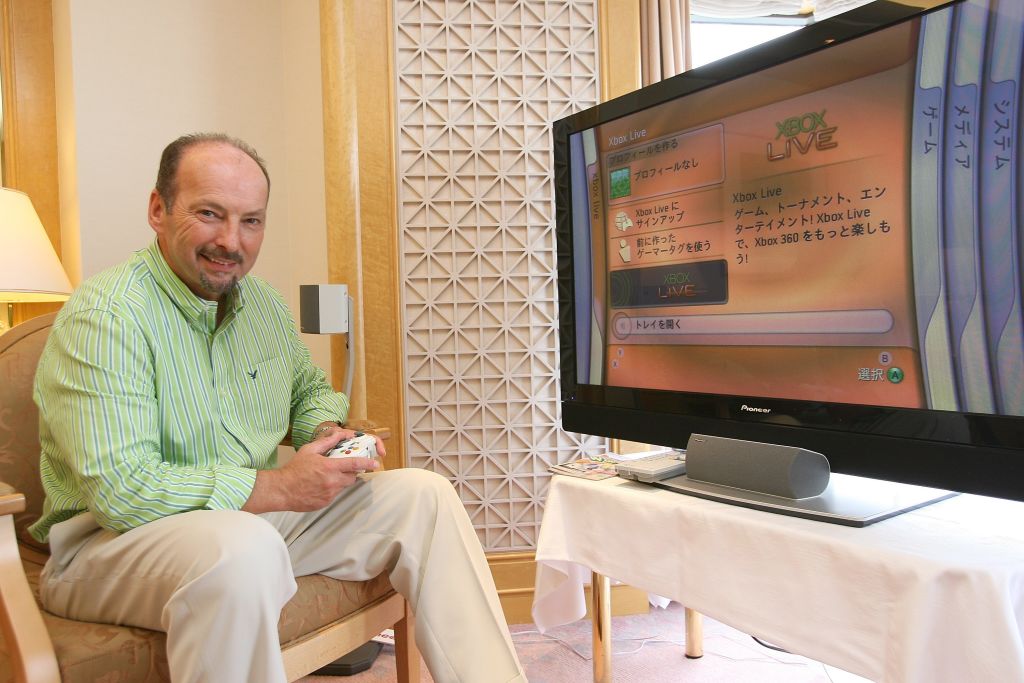Game archivists lament end of the Xbox 360 Marketplace
You can't buy games on the Xbox 360 digital store after today, but owned games still work.

It's been almost 19 years since the Xbox 360 launched, which depending on your perspective might make it a retro console or make you a retro person—I for one had a lot more hair back then. Among the most notable features of the console, which launched a couple years after Steam, was its online game store where full games could be purchased and downloaded. That store is finally being retired.
"On July 29, 2024, Xbox will stop supporting the ability to purchase new games, DLC, and other entertainment content from the Xbox 360 Store on the console and the Xbox 360 Marketplace," Microsoft announced last year, and now the day has come.
The shutdown only affects the ability to purchase games and DLC for the Xbox 360. Games that are already owned will continue to work, and there are also many backwards-compatible Xbox 360 games available to buy on newer Xboxes, so it's not a total wipeout of a generation of digitally-distributed console games. (Many Xbox 360 games also ended up on PC.)
The closure, while obviously not directly relevant to PC gamers, has activated long-standing anxieties over DRM, digital distribution, and game preservation. "Today the Xbox 360 Marketplace shuts down for good, taking hundreds of games and DLC off the market, with no legal way to access them," wrote the Video Game History Foundation, a nonprofit dedicated to preserving games and their source material. (They also made a cake.)
Closures of games stores and services—like Stadia, for example—always get me thinking about the real doomsday scenario: What if Steam went away? How many games would be unobtainable forever? It's almost unimaginable—unlike the decrepit Xbox 360 store, Steam is supremely relevant today and keeps Gabe Newell's yachts running—but it could, in theory, happen.
Today the Xbox 360 Marketplace shuts down for good, taking hundreds of games and DLC off the market, with no legal way to access them. We're working to fix copyright law for game preservation, but for now, we figured a cake wouldn't hurt. 🎂 pic.twitter.com/nxXIbJ8kkQJuly 29, 2024
Midnight Society, the blockchain FPS developer that recently gave Dr Disrespect the boot, proposes that true digital game ownership is the cure: The company said on X that peer-to-peer game marketplaces are "replacing classic storefronts," although that's a prediction rather than a statement of fact, as no such games marketplace (for instance, RobotCache) is remotely close to replacing Steam. And to make a difference, this store would need to offer Steam-like DRM within a totally decentralized and robust framework. I'm not aware of anything like that.
The simple solution is DRM-free game sales, the way GOG does it. DRM-free games can be archived by users and, should they ever become unobtainable through stores, distributed by hobbyists and archivists—albeit not necessarily legally until the copyright actually lapses or is abandoned.
The biggest gaming news, reviews and hardware deals
Keep up to date with the most important stories and the best deals, as picked by the PC Gamer team.
Only so many publishers are willing to release their games without DRM, though, and it doesn't help with another big game preservation issue: live service games that can't be played once the official servers shut down. On that front, a recent letter-writing campaign has pushed for legislation that will require game publishers to make their games playable whether or not they continue to actively support them, the way the makers of Knockout City have by providing the tools for player-run servers.

Tyler grew up in Silicon Valley during the '80s and '90s, playing games like Zork and Arkanoid on early PCs. He was later captivated by Myst, SimCity, Civilization, Command & Conquer, all the shooters they call "boomer shooters" now, and PS1 classic Bushido Blade (that's right: he had Bleem!). Tyler joined PC Gamer in 2011, and today he's focused on the site's news coverage. His hobbies include amateur boxing and adding to his 1,200-plus hours in Rocket League.

